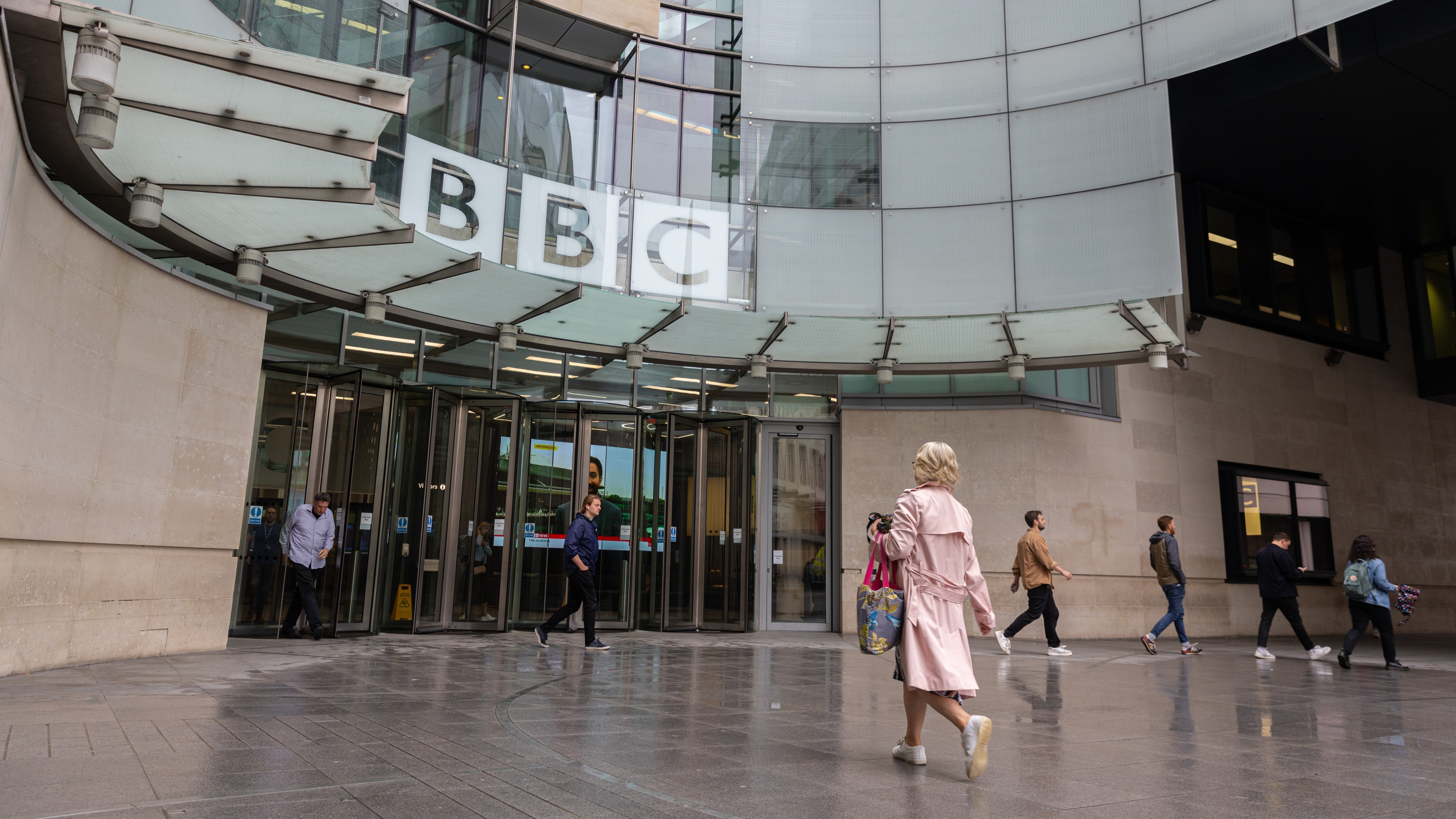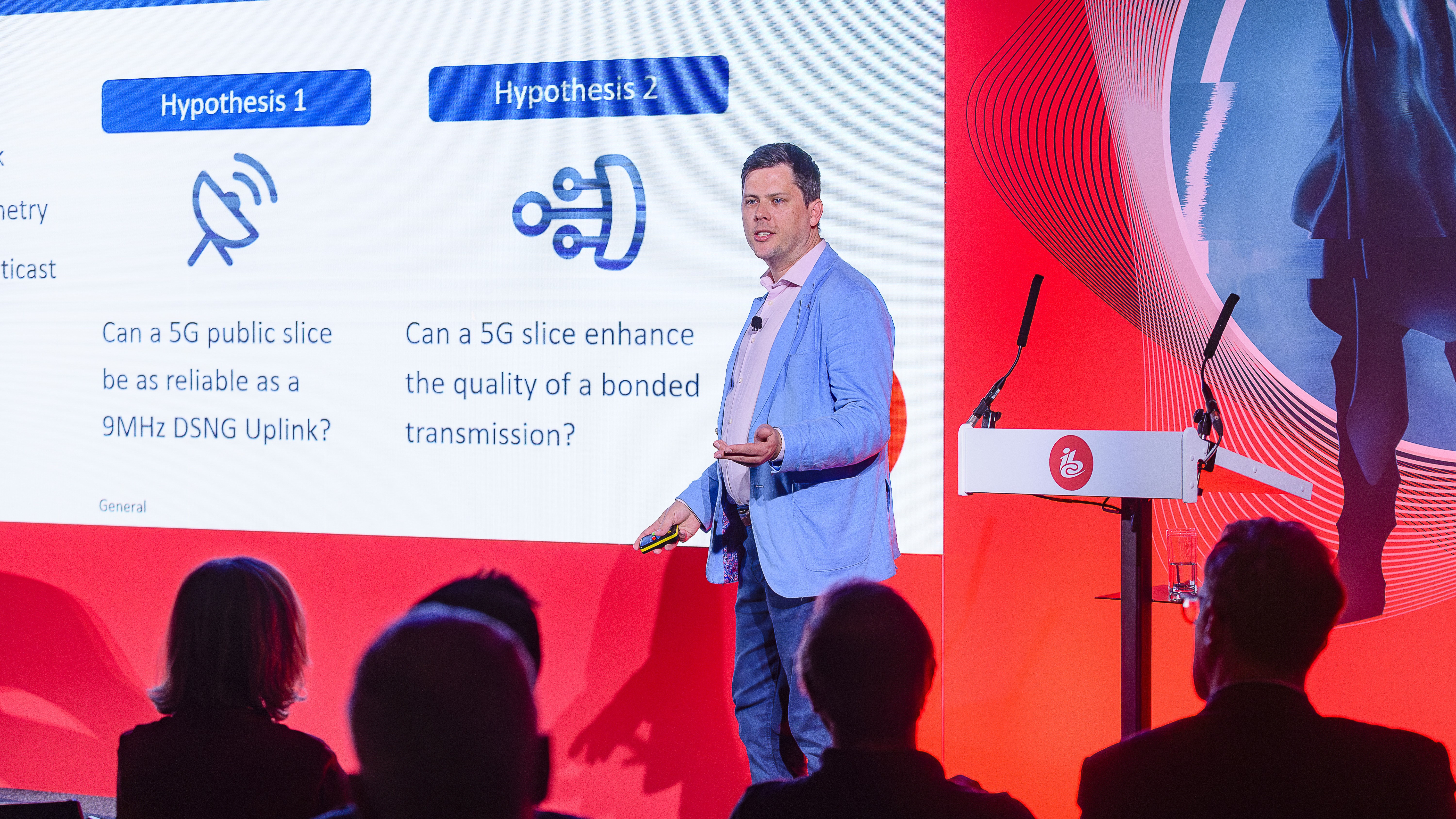In this session, which was held at IBC2023 on Saturday 16 September in Amsterdam, we explored how two important media technologies are being improved through user experimentation: on-demand audio-visual content usage and virtual human deaf signing. These three papers are available to download via the links below.
The first is a study examining, minute-by-minute, how viewers actually use a catch-up service based on nearly 200,000 programmes. The work was able to classify viewer behaviour into four distinct groups as well as to understand how viewers interact with different types of programmes. The conclusions show that user requirements are not being entirely satisfied and reveal how wider audiences might be attracted to on-demand services. Finally, IBC has been following the development of virtual human deaf signing for over 25 years and has seen some remarkable progress. The biggest challenge has always been the creation of an avatar which can convey the subtleties of human facial expression which form a vital part of language comprehension. This presentation reveals the most remarkable avatar to date, Kiki, who looks real right down to the texture of her skin and hair, and her ability to express a rich variety of human emotion. Join us to witness a new generation in deaf signing technology.
Speakers
Michael Armstrong, Senior R&D Engineer - BBC R&D

Michael Armstrong is currently a senior research engineer at BBC R&D specialising in the impact of technology on media forms and the audience. The work they are presenting studied the audience consumption patterns of on-demand television and radio programmes. They collected data for the minute-by-minute media usage across a period of twelve months to reveal the different patterns across a range of programme types. It revealed those programmes which the audience are consuming from beginning to end, others where the audience numbers decline and programmes where the audience is skipping parts of the programme and/or seeking out items of interest. Other recent work has included building prototype tools in python for automating the creation of interactive media and collaborating on an extensive white paper examining the roles played by the audience across a wide range of media with the aim of uncovering more engaging roles for interactive content. Most recently they have been working on another joint paper examining the ways in which media could be personalised to enhance public service media content.
Michael’s previous research has included the perception of video quality and capacity planning for DTV, high frame rate television and 3-D TV. Their work has also contributed to the understanding the perception of the quality of television subtitles, the audibility of speech in broadcast sound and the requirements for sign language on television. His previous experience includes outside broadcast and installation, as well as casrrying out maintenance at a local radio, pioneering work with computer based playout at BBC Radio Bristol in the 1990s first inspired the idea of Object-Based Media.
Takashi Koyano, Corporate Officer, Digital Solution Center - NHK Enterprises Inc., Japan

Takashi Koyano has more than 20 years of experience in the digital field at NHK. He has worked on NHK’s digital deployment for the Tokyo Olympics and Paralympics, as well as the PyeongChang Olympics and Paralympics, including accessibility aspects such as automated sign language. Currently, he is working on enhancing the automated sign-language CG generation system not only for broadcasting but also other public information systems, such as railways and airlines.
Moderator
Nick Lodge, Director - Logical Media
Dr Nicolas Lodge has spent his professional career leading the research, development and commercial exploitation of cutting-edge television and advanced media technologies. In this time he has founded very many award-winning European collaborative research consortia and international standardisation activities, notably in: video compression, digital terrestrial TV transmission, audio description, 360° immersive media, virtual human deaf signing, psychovisual phenomena and visual modelling. He also champions technologies for sensory-impaired media users.
Throughout the 1990’s Nick was head of strategic R&D and international standards for the all the UK’s commercial television broadcasters. Throughout most of the next decade he was Chief Executive of ProVision Communications, a high tech wireless media company based in Bristol. Currently, Nick runs his own successful technology consultancy, Lodgical Media. He holds BSc, MBA and PhD degrees and is a Fellow of the Institution of Engineering & Technology and of the Royal Television Society. In 2020 he received a Videonet Lifetime Television Achievement Award recognising his pioneering work in digital terrestrial TV and audio description.

Stephen Nuttall unveiled as new Chair of IBC’s Partnership Board
Stephen Nuttall has been appointed as the new Chair of IBC’s Partnership Board. Made up of representatives from each of the six partner organisations which own IBC (IABM, IEEE, IET, RTS, SCTE and SMPTE), the IBC Partnership Board provides the governance and strategic oversight of IBC.

Saleha Williams appointed CEO of IABM
Saleha Williams has been appointed as the Chief Executive Officer (CEO) of IABM.

Comcast sets leadership team for ‘SpinCo’ cable unit
US media and telco giant Comcast has unveiled the leadership team for SpinCo as it prepares to spin off its cable television portfolio later in the year.

Labour exploring ‘alternative funding options’ to BBC licence fee
UK Culture Secretary Lisa Nandy is reportedly considering scrapping the BBC licence fee at the end of the Corporation's current charter in December 2027.

BBC Director-General Tim Davie to head Creative Cities Convention speakers
BBC Director-General Tim Davie has been lined up as one of the key speakers at this year’s Creative Cities Convention, being held from May 7–8 in Bradford as part of its UK City of Culture 2025 celebrations.




